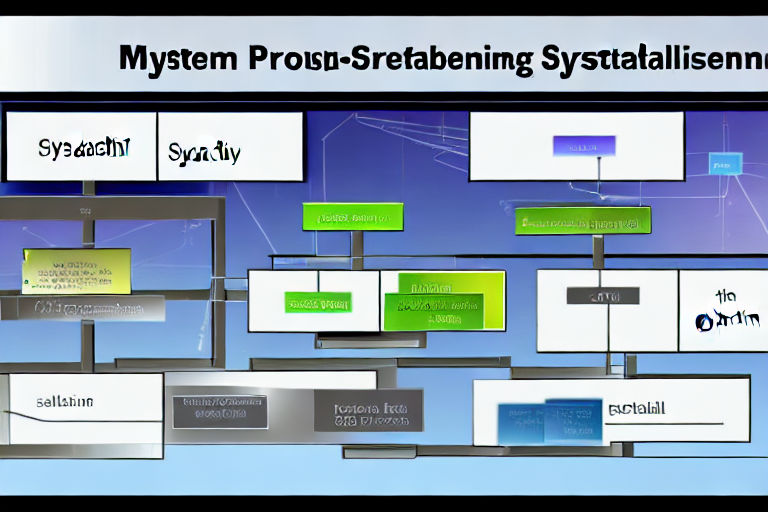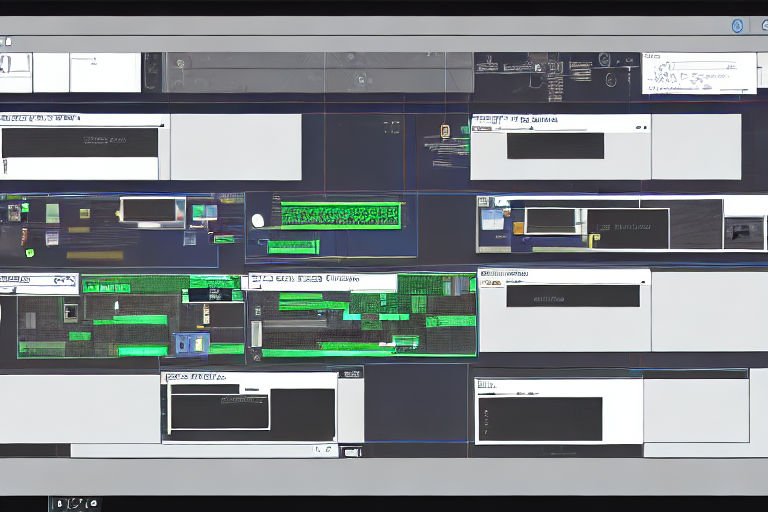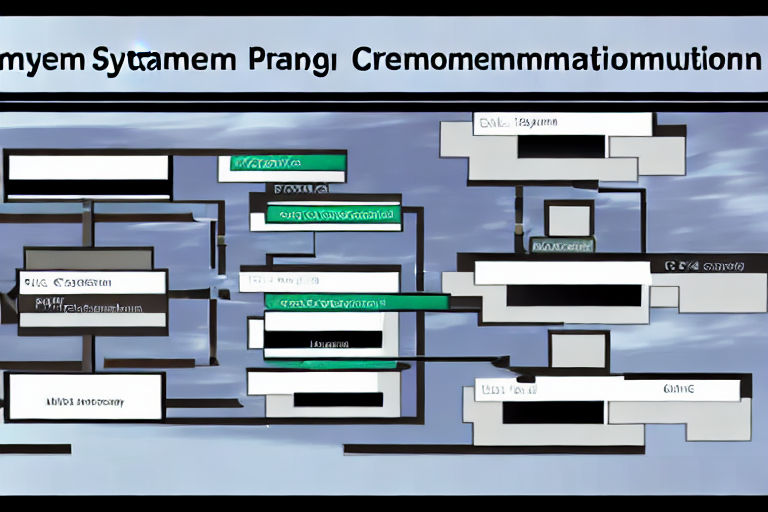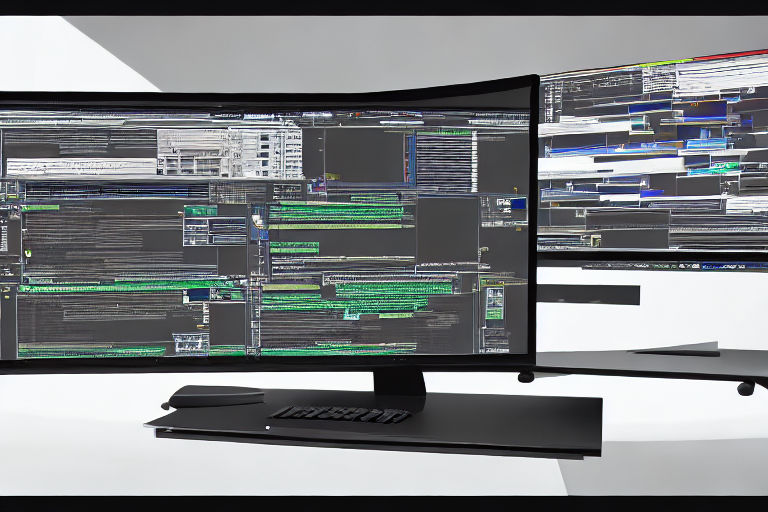
Introduction to Operating System Development with C++ Programming
Introduction to Operating System Development with C++ Programming Operating system development is one of the most complex and challenging fields in ...
Discover insightful articles, tutorials, and thoughts on various topics

Introduction to Operating System Development with C++ Programming Operating system development is one of the most complex and challenging fields in ...

The Pros and Cons of Multi-Process Architecture in System Programming In system programming, multi-process architecture is a common approach to de...

Taking Advantage of the Standard Template Library (STL) in C++ System Programming When it comes to C++ system programming, there are many chall...

Best Practices in C++ Code Optimization for System Programming If you are working with system programming using C++, then optimizing your code is cruc...

Advanced Memory Management Techniques in C++ System Programming C++ is a powerful programming language that provides low-level memory control to the d...

Hardware Interaction: Unlocking the Full Potential of C++ System Programming C++ programming is highly versatile and widely used in system programming...

A Comprehensive Guide to Socket Programming in C++ If you are looking to build network-based applications in C++, socket programming is an essential s...

The Importance of Memory Management in C++ System Programming C++ is a popular programming language for developing system-level software...

Understanding the Advantages of C++ System Programming for System-Level Operations System programming is a low-level programming language, primarily u...

Why C++ Should Be Your Go-To Language for System Programming Are you considering venturing into system programming? If yes, selecting the right progra...

Mastering Low-Level Access to Hardware Resources in C++ System Programming System programming in C++ often involves interacting with hardware resource...

How to Choose the Best Programming Language for Your Next Android App Project Android apps have become a necessity in our day-to-day lives. From socia...

Java vs. Kotlin: A Comparison of the Pros and Cons for Android Developers If you are an Android developer, then you must have heard about Java and Kot...

5 Key Features That Make Kotlin a Standout Language for Android App Development Kotlin is a popular programming language that is widely used for devel...

Java Development Tips for Better User Experience in Your Android App Android apps have become an essential part of our daily lives, and user experienc...
✨ Written with love